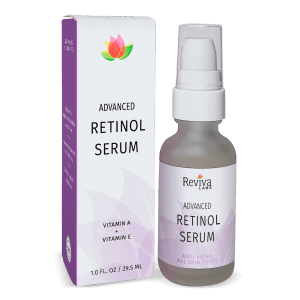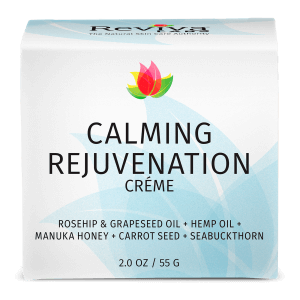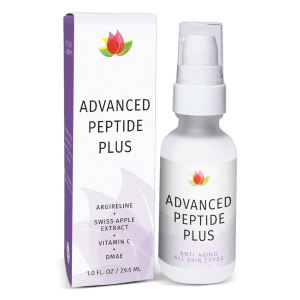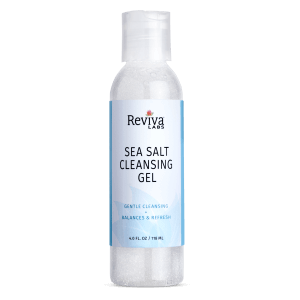Sodium Hyaluronate
Sodium hyaluronate is a salt form of hyaluronic acid, a substance naturally found in the human body, particularly in the eyes, skin, and connective tissues. Its primary role is to retain water to keep tissues well lubricated and moist. Sodium hyaluronate is highly hydrophilic, meaning it can absorb and hold onto large amounts of water, which makes it extremely useful in medical and cosmetic applications.
Characteristics and Uses:
- Molecular Structure: Sodium hyaluronate is smaller than hyaluronic acid, which allows it to penetrate the skin more easily when applied topically.
- Medical Applications: It is used in the treatment of osteoarthritis within joints, often injected into the knee to act as a lubricant to reduce pain and increase mobility. It is also used in eye surgeries, such as cataract extraction, to help maintain eye structure.
- Cosmetic Applications: In skincare and beauty products, sodium hyaluronate is valued for its skin rejuvenation properties. It helps to hydrate the skin, reducing the appearance of wrinkles and fine lines, and contributes to a plumper and smoother skin surface.
Due to its compatibility with the human body and its powerful hydrating ability, sodium hyaluronate is widely appreciated in both clinical settings and daily skincare regimens.
« Back to Glossary Index








